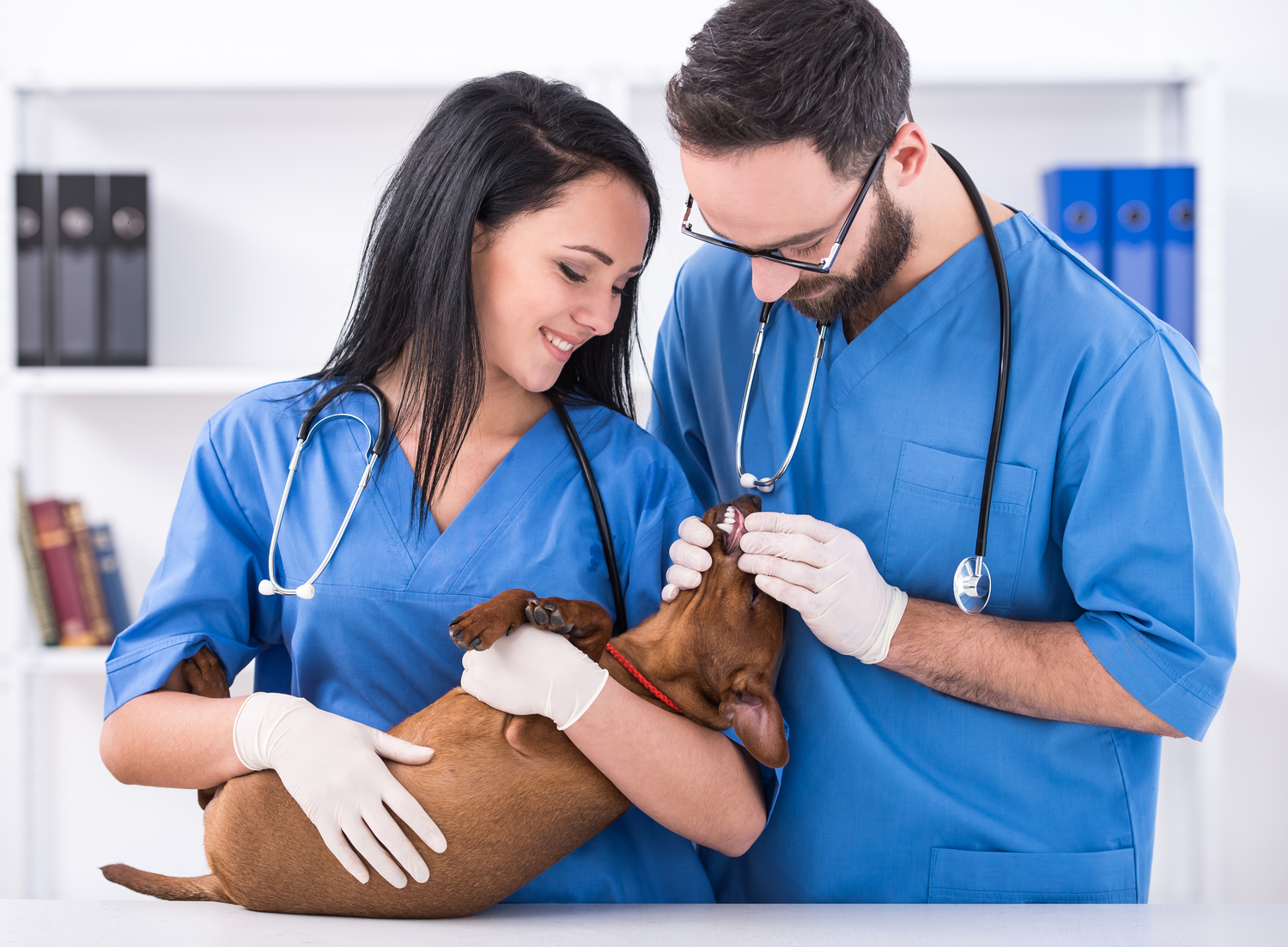
Heartworm Symptoms and Risk Factors in Pets
Your pet is your best friend. They rely on you for nearly everything, from food and water to shelter. One of the biggest things that they count on you would be to keep them healthy. Something that you should do as a responsible pet owner is to keep any illnesses, such as heartworm, away. Doing this may mean avoiding heartworm risk factors, such as climate (temperature, humidity), mosquitoes species, walking or putting your pet out in mosquito breeding areas, and nearby interaction with infected animals such as coyotes or foxes.
While there are certain treatments, such as Nexgard and Heartgard, to help treat heartworm, the best heartworm prevention is avoidance of the above-mentioned risk factors and veterinarian treatments at the earliest sign of these symptoms for heartworm:
1. Fatigue after moderate activity
Most pets are pretty high-energy unless they are experiencing health problems. So, if you take your pet for a walk and notice that they are getting winded quickly or they are super exhausted once they get inside, you may want to check for heartworms. If you have a smaller sized dog, you will just want to consider heartgard plus for dogs up to 25 pounds. This medicine has been designed for smaller dogs.
2. Mild and persistent cough
Another tale-tell sign that your pet might be suffering from heartworms is if they are coughing. Most pets don’t cough, so if they are, you can be sure that something is wrong. If the cough persists and they aren’t experiencing any other health issues, it could mean that they have heartworms. You could get them heartworm heartgard plus dogs, this will help to prevent your pet from contracting heartworms. You just need to give it to them once a month and it should keep them safe.
3. Weight loss
Something else that you will notice when your pet contracts heartworms would be sudden weight loss. Weight loss in your four-legged friend is never a good thing unless they are obese. Monitoring your pet’s food intake is something that you should always do. That way if you notice they are eating less, you can get them the help that they need before it is too late. The amount of food that they eat may vary from day-to-day as they grow, but it should be pretty consistent over time.
4. Swollen belly
The last sign that you can expect to see if your pet is suffering from heartworms would be a swollen abdominal area. This is because the fluid will start to accumulate in its middle area. The fluid begins to collect because the heart is not working properly and it cannot pump blood at the rate which the body needs it to function. If your pet has a distended abdomen, it can cause extreme discomfort and pain so make sure that you are not touching it a lot.


